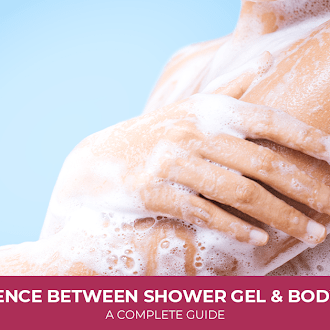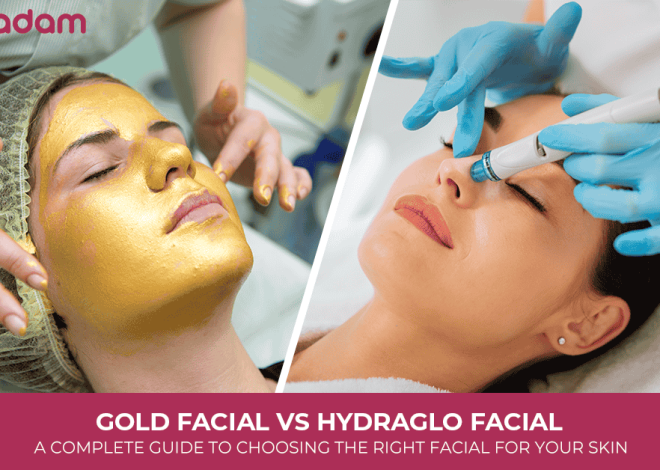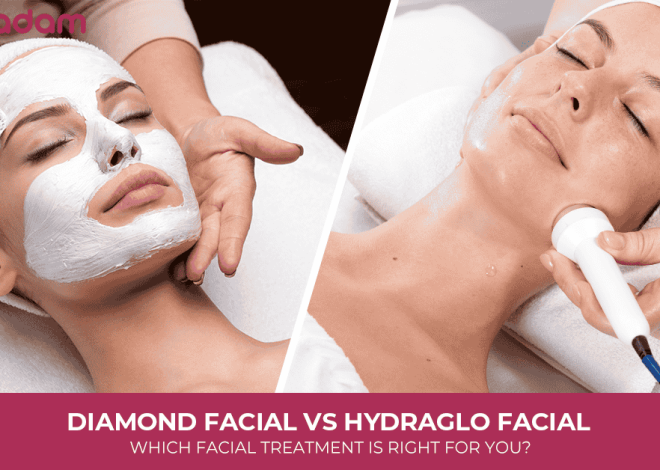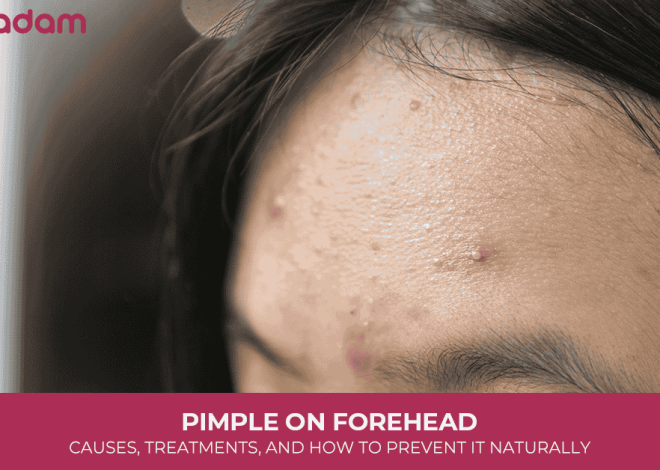
Difference Between Shower Gel and Body Wash: A Complete Guide
Let’s be honest, walking down the bath and body aisle can feel like entering a jungle of colorful bottles. Some say shower gel, others say body wash, and most look nearly the same. So what’s the deal? Is there really any difference, or is it just clever marketing?
The truth is, while both clean your skin, they serve slightly different purposes. That’s where the difference between shower gel and body wash becomes important. Knowing the difference not only helps you choose wisely but also ensures your skin gets the care it deserves.
Table of Contents
Shower Gel vs Body Wash: The Basics
At first glance, shower gel and body wash may seem like twins, same purpose, similar packaging, and both promise to leave you feeling fresh. But once you actually use them, you’ll notice they don’t behave the same way.
Think of it like this: shower gel is the zesty, energizing friend that wakes you up in the morning, while body wash is the soothing, nourishing companion that helps you unwind at night.
More Information For You: Coconut Oil Face Massage
Is Shower Gel Body Wash Same?
This is one of the most common questions people ask: is shower gel body wash same? Well, kind of. Both are liquid cleansers, so in a broad sense, shower gel is technically a type of body wash. But they aren’t identical twins—more like cousins.
Shower gels are formulated to be more refreshing, with stronger scents and a bouncier texture. Body washes, on the other hand, lean toward hydration, often feeling creamy and luxurious. So while you can use either interchangeably, the experience and benefits are slightly different.
Key Differences: Shower Gel and Body Wash

To truly understand shower gel and body wash difference, let’s break it down into categories. This way, you’ll know exactly what makes them unique.
1. Consistency
When you squeeze shower gel into your palm, it feels like, well, a gel—thicker, slippery, and a little bouncy. Body wash, however, is more like a lotion: creamy, smooth, and silky.
This consistency can change how it feels on your skin and how it lathers up. Shower gels give that bubbly, foamy cleanse, while body washes deliver a richer, creamier lather.
2. Moisturizing Properties
Here’s where the big difference lies. Shower gels usually focus more on cleansing than hydrating. They leave you feeling squeaky clean, which makes them perfect if your skin is oily or if you live in a hot, humid climate.
Body washes, on the other hand, are like giving your skin a drink of water. Packed with oils, glycerin, or shea butter, they work wonders on dry or sensitive skin, leaving you soft and nourished.
3. Fragrance
If you love bold, lingering scents, shower gels will probably win your heart. They’re often formulated with strong fragrances designed to refresh and energize. Think citrus bursts, ocean breezes, or fruity explosions.
Body washes, however, usually play it subtle. Their fragrances are lighter and gentler—great if you have sensitive skin or simply don’t want your shower product competing with your perfume or cologne.
4. Skin Benefits
Beyond cleansing, shower gels often add a little extra oomph with ingredients like menthol for cooling or tiny beads for exfoliation. This makes them ideal for a post-workout rinse or a summer shower.
Body washes prioritize nourishment. They’re formulated to strengthen your skin barrier, reduce dryness, and leave your skin feeling silky long after you step out of the shower.
Don’t Miss: Glycerin Uses for Skin
Choosing Between Shower Gel or Body Wash
So here’s the million-dollar question: shower gel or body wash—what should you use?
It really boils down to your skin type and mood. If your skin tends to be oily or you just want that zing of freshness, shower gels are a great match. But if your skin is dry, sensitive, or often itchy, body washes are your best friend.
Some people even switch between the two. You might reach for shower gel after a sweaty day outdoors but lean on body wash during winter when your skin needs extra hydration.
What Is the Difference Between Shower Gel and Body Wash? (Quick Recap)
In case you want the short and sweet version:
- Shower Gel = Lightweight, refreshing, fragrant, good for oily/normal skin.
- Body Wash = Creamy, moisturizing, soothing, perfect for dry/sensitive skin.
This recap is your handy cheat sheet the next time you’re staring at rows of bottles wondering which one to grab.
Related Blog: Honey and Coffee Face Mask Benefits
Benefits of Using Shower Gel

Why might you prefer a shower gel? Here are some perks:
- Invigorating Scents – They’re like a morning espresso for your senses.
- Cooling Effect – Perfect for summer showers or post-gym refreshment.
- Gentle Exfoliation – Many contain beads or natural scrubs.
- Lightweight Cleanse – Leaves you feeling refreshed without residue.
In short, shower gels are great if you want to feel awake, energized, and squeaky clean.
Benefits of Using Body Wash
Body wash, on the other hand, feels more like skincare than just cleansing. Here’s why:
- Deep Hydration – Moisturizing oils keep dryness at bay.
- Soothing for Sensitive Skin – Gentle formulas reduce irritation.
- Creamy Lather – Feels luxurious, almost spa-like.
- Skin Barrier Protection – Helps strengthen and protect your skin over time.
If your skin often feels tight or flaky after a shower, body wash could be your solution.
Common Misconceptions
Let’s clear up a few myths:
- “Shower gel dries out your skin.” Not always! Many modern formulas are hydrating too.
- “Body wash is only for dry skin.” Anyone can enjoy it, it just happens to be a lifesaver for dry types.
- “You can use either on your face.” Nope! Stick to a proper facial cleanser.
These myths can make choosing harder, so knowing the facts helps you buy smarter.
Tips for Using Shower Gel and Body Wash
It’s not just what you use, but how you use it:
- Pair with a loofah or bath sponge for better lather.
- Always rinse thoroughly to avoid sticky residue.
- Follow up with a moisturizer—yes, even after body wash!
- Pay attention to your skin’s needs; your routine can shift with the seasons.
Conclusion
At the end of the day, the difference between shower gel and body wash is subtle but meaningful. Shower gel brings freshness and fragrance, while body wash brings hydration and comfort.
You don’t have to pledge loyalty to one forever—it’s totally okay to mix and match depending on your skin and mood. The next time you’re weighing shower gel vs body wash, remember: it’s not about picking the “right” one, but about choosing what makes you and your skin happiest.
FAQs
1. What is the main difference between shower gel and body wash?
The main difference lies in their texture and purpose. Shower gel is lighter and refreshing, while body wash is creamier and designed to hydrate your skin deeply.
2. Can shower gel be used as a body wash?
Yes! Shower gel is essentially a type of body wash, just with a different texture and focus on fragrance.
3. Which is better for dry skin: shower gel or body wash?
Body wash wins here. Its hydrating formulas are packed with moisturizing ingredients perfect for tackling dryness.
4. Is shower gel good for sensitive skin?
It depends on the formula. Some shower gels are gentle enough, but if your skin is highly sensitive, body wash is usually the safer bet.
5. Can I use body wash every day?
Definitely. A gentle body wash can be part of your daily routine without causing irritation.
6. Do shower gels have exfoliating properties?
Many do! Look out for variants with tiny beads or natural exfoliants like crushed apricot seeds.
7. Is there a difference in lather between shower gel and body wash?
Yes. Shower gels usually foam up more, while body washes create a creamier, lotion-like lather.
8. Can men use body wash or shower gel?
Absolutely. Both are unisex, though many brands create masculine-scented versions specifically for men.
9. Do I need to moisturize after using body wash?
Yes. While body wash hydrates, applying lotion afterward helps lock in moisture for hours.
10. Which is more eco-friendly: shower gel or body wash?
Neither has an automatic advantage—it depends on the brand’s packaging and ingredients. Eco-conscious options are available for both.



